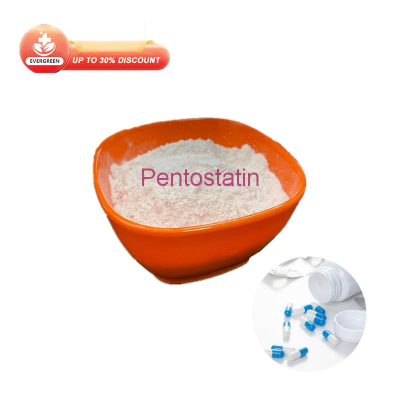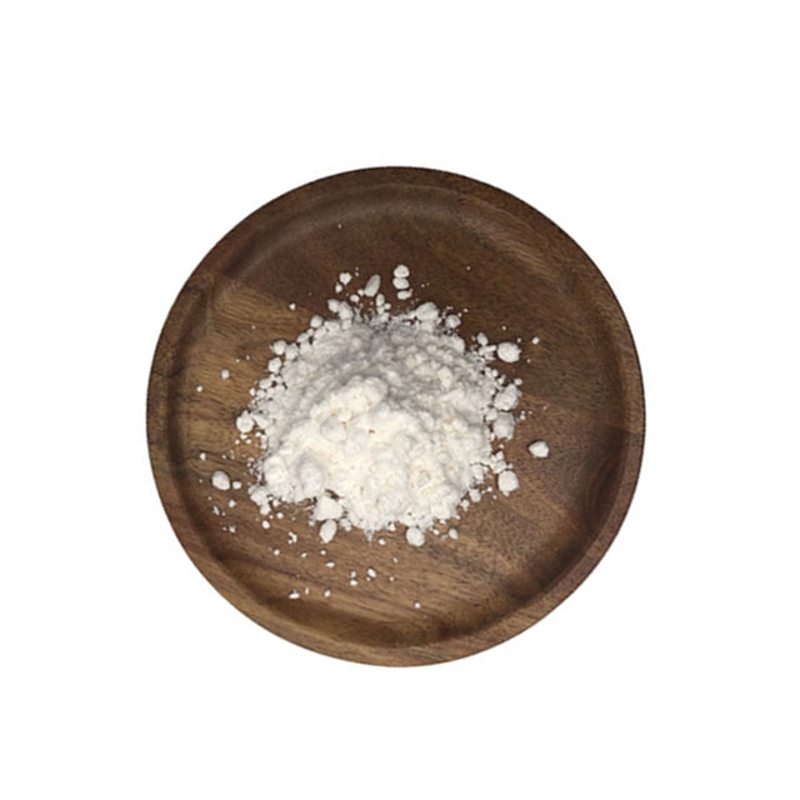-
Categories
-
Pharmaceutical Intermediates
-
Active Pharmaceutical Ingredients
-
Food Additives
- Industrial Coatings
- Agrochemicals
- Dyes and Pigments
- Surfactant
- Flavors and Fragrances
- Chemical Reagents
- Catalyst and Auxiliary
- Natural Products
- Inorganic Chemistry
-
Organic Chemistry
-
Biochemical Engineering
- Analytical Chemistry
- Cosmetic Ingredient
-
Pharmaceutical Intermediates
Promotion
ECHEMI Mall
Wholesale
Weekly Price
Exhibition
News
-
Trade Service
In cancer research, a common goal is to find something about cancer cells—a certain molecule—that drives their viability, and to determine whether the molecule can be inhibited by drugs to prevent tumor growth
.
Even better: The molecules are not present in healthy cells, so they will not be affected by new therapies
In cancer research, a common goal is to find something about cancer cells—a certain molecule—that drives their viability, and to determine whether the molecule can be inhibited by drugs to prevent tumor growth
This approach has made a lot of progress, known as molecular targeted molecular targeted cancer therapy cancer treatment
We know , change the growth rate and the characteristics of the cells in cancer progression is driven by a particular gene expression profiles, wherein the gene expression by a DNA-binding transcription factor (TF) and the RNA binding protein (RBP) programming activity
Published July 2, 2021 in Molecular Cell, Molecular Cell, the latest research, the University of California, San Diego School of Medicine team in human cells human cells and mouse models found, RNA binding proteins represent a new class of cancer drug targets Points, including triple-negative triple-negative breast cancer , a
The researchers used CRISPR gene editing technology to systematically silence the RNA binding proteins in these cancer cells one by one .
They discovered 57 RNA-binding proteins that, when inhibited, kill cancer cells with known overactive cancer drivers .
The advantage of the synthetic lethal method is that normal cells that do not produce carcinogenic molecules should not be affected by the treatment .
They discovered 57 RNA-binding proteins that, when inhibited, kill cancer cells with known overactive cancer drivers .
Advantage of synthetic lethality approach does not produce carcinogenic molecules in normal cells to normal cells should not affect the treatment .
Among these 57 RNA binding proteins, YTHDF2 seems to be the most promising
.
Researchers found that disrupting YTHDF2-dependent mRNA degradation triggers apoptosis in triple-negative breast cancer (TNBC) cells and tumors
Among these 57 RNA binding proteins, YTHDF2 seems to be the most promising
The researchers used STAMP in this study to understand in detail how the various cells that make up breast tumors behave without YTHDF2
To test the safety of treating cancer by inhibiting YTHDF2, the researchers designed mice that lack YTHDF2 in every cell in the adult body, not just the transplanted breast cancer cells
In summary , the results of this study highlight the therapeutic potential of RBP by revealing the key role of YTHDF2 in counteracting the global increase in mRNA synthesis in MYC-driven breast cancer
References : Jaclyn M.
Einstein, Mark Perelis, Inhibition of YTHDF2 triggers proteotoxic cell death in MYC-driven breast cancer,
Molecular Cell, 2021, https://doi.
org/10.
1016/j.
molcel.
Molecular Cell, 2021, https://doi.
org/10.
1016/j.
molcel.
2021.
06.
014.
Leave a message here







